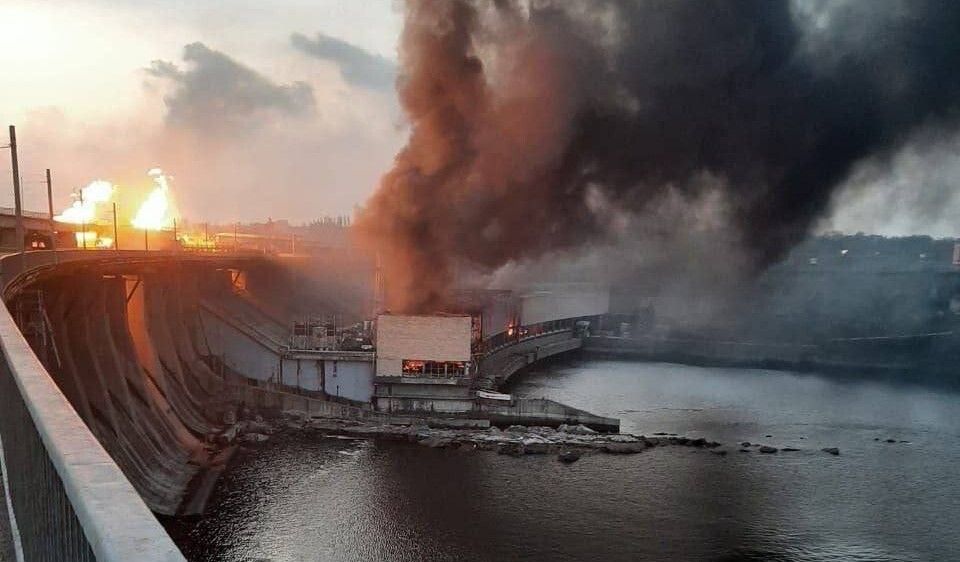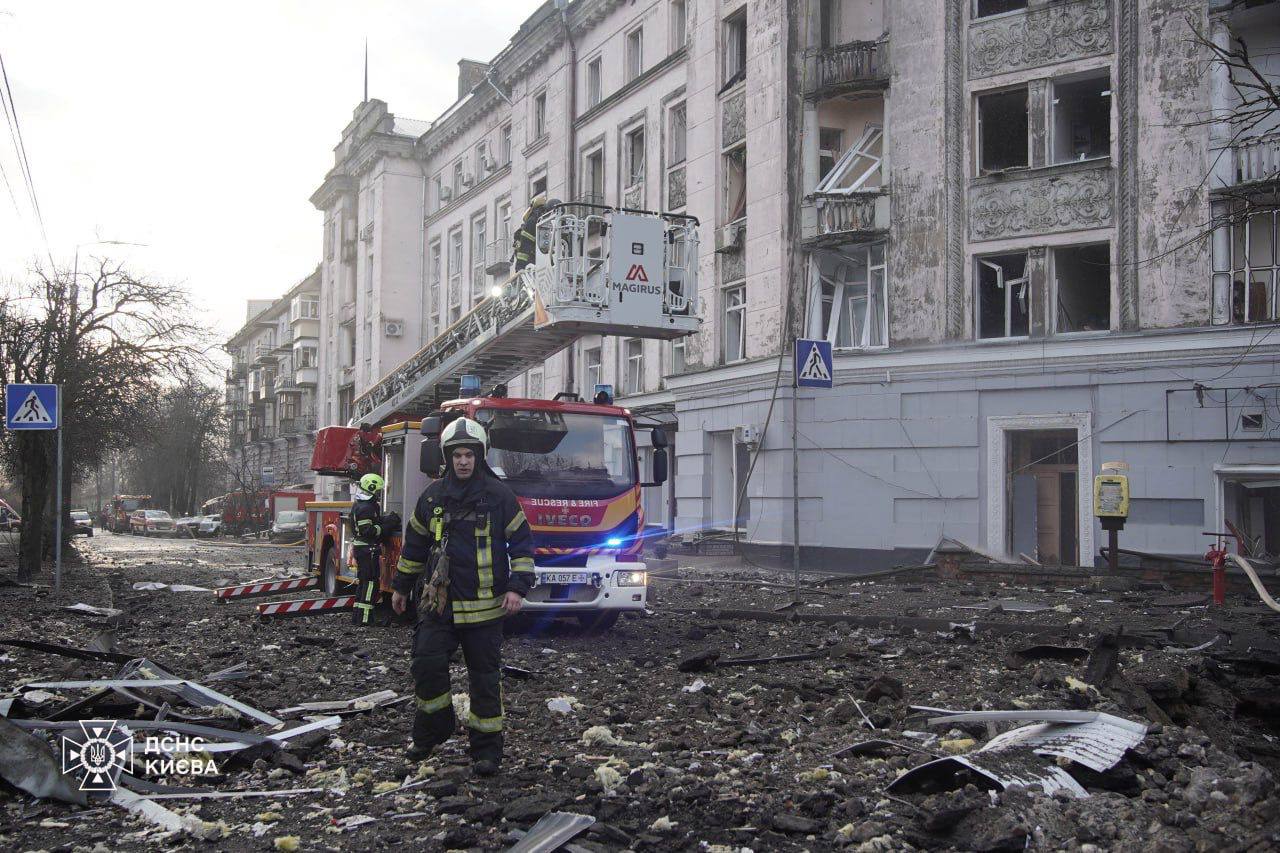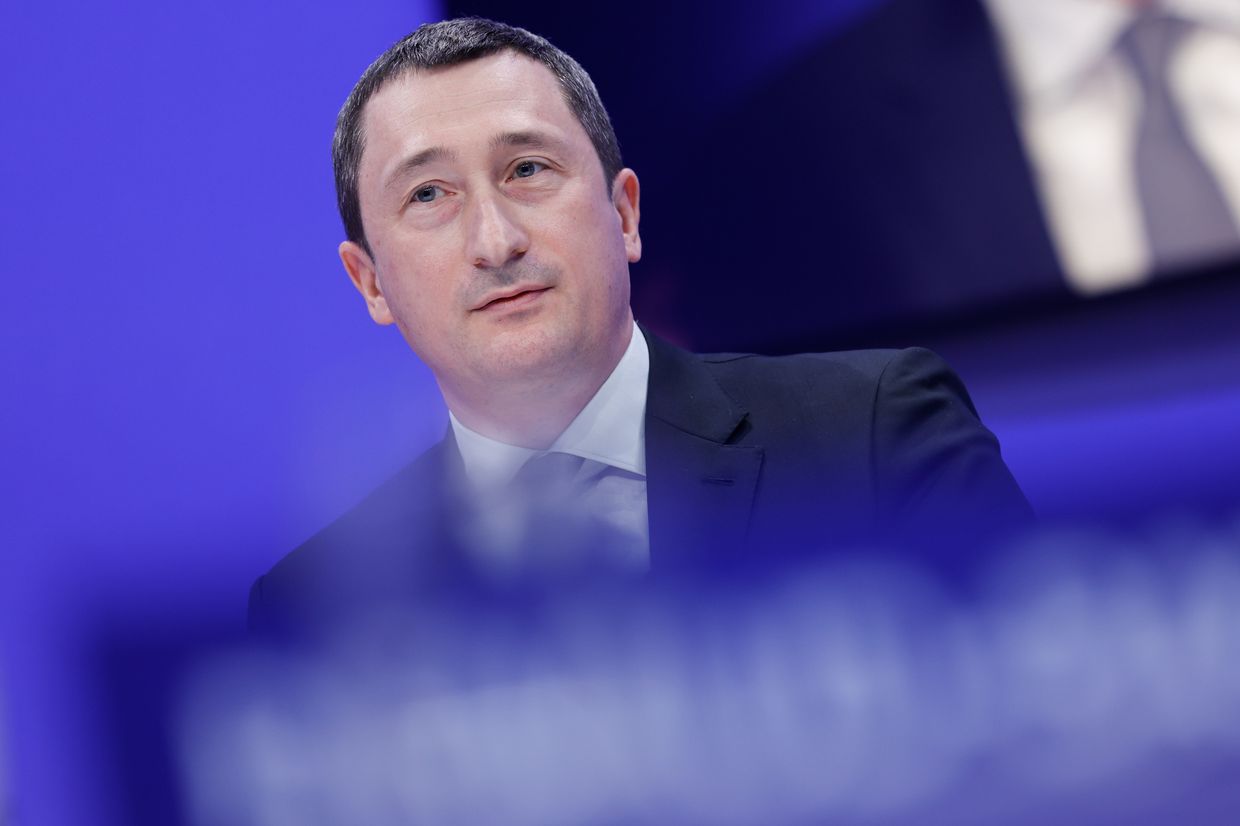Ukraine state-owned enterprises weekly — Issue 125

Editor’s Note: This is issue 125 of Ukrainian State-Owned Enterprises Weekly, covering events from March 23-29, 2024. The Kyiv Independent is reposting it with permission.
Corporate governance of SOEs
High Anti-Corruption Court arrests a suspect in absentia in a Ukrzaliznytsia case, the Specialized Anti-Corruption Prosecutor’s Office (SAPO) reported March 29. The co-organiszer of the scheme allegedly misappropriated Hr 11.4 million ($290,000) in Ukrzaliznytsia’s funds.
SAPO added that the suspect was on the international wanted list, but did not name him/her. According to the media, this might be businessman Yaroslav Ostapenko.
As we reported in Issue 121, on Feb. 26, detectives of the National Anti-Corruption Bureau of Ukraine (NABU) and SAPO officials said they exposed an organized criminal group of Ukrzaliznytsia officials and entrepreneurs who embezzled Hr 11.4 million from the company.
The suspects were not named, but according to Ekonomichna Pravda (EP), Yevhen Kravtsov, the former CEO, has been served a notice of suspicion. See Issue 121 for more detail.
Energy sector
Ukrenergo faces yet another Russian missile and drone attack on its energy facilities. On March 29, Ukrenergo reported that Russia struck Ukraine’s energy infrastructure, damaging thermal and hydroelectric power plants, as well as Ukrenergo's 330 kV high-voltage power lines.
Due to the attack, Ukrenergo was forced to use emergency assistance from the Polish power system operator PSE and shut off power to some regions.
According to Ukrenergo’s CEO Volodymyr Kudrytskyi, the situation in Kharkiv, as well Kharkiv oblast, remains difficult after the large-scale attack on March 22 and restoration work is ongoing.
After every Russian mass missile attack on Ukraine’s vital infrastructure, emergency outages take place, lasting for days due to the ongoing repair works. During such outages, people in Ukraine are often left without electricity, heating, water supply, or access to mobile phone networks.
As we reported in Issue 124, on March 22, Ukraine faced the largest Russian missile and drone attack on its energy facilities. See Issue 124 for more detail.
Two more Ukrainian HPPs targeted by Russian missiles. On March 29, President Volodymyr Zelensky reported that during the missile attack, the Kaniv and Dniester Hydroelectric Power Stations (HPPs) were deliberately targeted by Russian forces.
Zelensky stressed that Russia wants a repeat of the environmental disaster in Kherson oblast after the destruction of Kakhovka HPP. However, now not only Ukraine but also Moldova is under threat, he said.
As we wrote in Issue 91, on June 6, 2023, Ukrhydroenergo reported that the Kakhovka HPP was destroyed beyond restoration after the Russians set off a massive explosion in the engine room. See Issue 91 for more detail.
Ruslan Zaparaniuk, head of the Chernivtsi Regional Military Administration, added that air defense forces managed to shoot down the missiles near the Dniester HPP.
According to Zaparaniuk, the blast wave damaged the administrative building and the water supply system in the village of Ozheve, Dniester district, where debris fell. Water supply is carried out as usual.
No people were injured. Survey teams and a special commission have been formed to assess the damage, he added.
As we wrote in Issue 124, on March 22, Russian missiles attacked the largest hydroelectric power plant (HPP) in Ukraine, the Dnipro HPP in Zaporizhzhia.
Later, Ukrhydroenergo’s CEO Ihor Syrota reported that HPP-1 and HPP-2 of Dnipro HPP did not work. “Two missiles hit the Dnipro HPP-2 directly. The missiles hit the backbone. The crane beams were broken”, he said. According to Yuriy Belousov of the Prosecutor General’s Office, Russian missiles hit the Dnipro HPP eight times that night. See Issue 124 for more detail.
Russian missile attack damages above-ground infrastructure of Naftogaz’s gas storage facility in western Ukraine, Naftogaz’s CEO Oleksiy Chernyshov reported on 24 March 2024.
“This attack would not affect the supply of natural gas to Ukrainian consumers. All nominations of customers for storage and capacity booking services continue to be fulfilled in full. The situation is under control,” Chernyshov said.
There are no critical consequences for the operation of the underground gas facilities, as the gas is located at a considerable depth. The damaged part of the above-ground infrastructure would need to be restored, but Naftogaz has sufficient reserve capacity, he added.
According to Bloomberg, Ukraine is seeking to reassure European natural gas traders that it is still safe to store the fuel in the country’s vast underground facilities after a Russian attack.
According to Ukrtransgaz’s CEO Roman Maliutin, Ukraine expects as much as 4 billion cubic meters of gas would be brought in during the summer months, more than last year.
“I would like to stress that damages do not affect our capabilities for gas injection into underground gas storage,” Maliutin told Bloomberg.
As we reported in Issue 120, European traders earned about $320 million due to using Ukraine’s underground storage facilities.
According to Naftogaz, foreign traders and energy companies stored 2.5 billion cubic meters of gas in Ukraine in 2023. Naftogaz aims to increase this to 4 billion cubic meters in 2024.
Naftogaz said that Ukraine offered foreign customers up to 10 billion cubic meters of storage capacity this year, which is a third of Ukraine’s total underground storage capacity.
As we wrote in Issue 123, foreign traders transported over 60 million cubic meters of gas to Ukraine in January-February 2024.
Ukrnafta is rebranding the Glusco chain, the company’s press office reported on March 28. The network’s 83 filling stations have already started accepting NAFTACard fuel cards and Ukrnafta’s coupons.
The mobile app will be launched soon. Rebranding is expected to complete in April.
The Glusco chain, which includes 81 petrol stations, oil depots, and other property, was formed from Rosneft’s retail business, which international trader Proton Energy Group S.A. bought through its sister company Glusco Energy S.A. in 2016.
Until the end of 2021, the network was owned by Israeli businessman Nisan Moiseev. He is an associate of Ukrainian politician Viktor Medvedchuk, who was charged with treason but given to Russia in a prisoner exchange. Moiseev said that he was Medvedchuk’s friend, but the two had no business relations.
In May 2022, the Cabinet gave Naftogaz Oil Trading 170 Glusco filling stations to manage. They started to operate under the U.GO brand.
However, the Asset Recovery and Management Agency (ARMA) terminated its management agreement with Naftogaz Oil Trading on Aug. 3, 2023. The Agency reported on Aug. 8, 2023 that the Energy Ministry supported its proposal to transfer the Glusco network to the management of Ukrnafta under a special procedure. See Issue 99 for detail.
In September 2023, the Cabinet of Ministers decided to place the Glusco chain under Ukrnafta’s management. Under that management agreement, Ukrnafta had to pay at least Hr 5 million ($127,00) per month, regardless of financial results, and 85% of profits from managing Glusco’s assets into the state treasury, ARMA then stated. See Issue 102 for detail.
On Jan. 9, ARMA accused Ukrnafta of failing to comply with the conditions and initiated the cancellation of the Cabinet’s decision. Later, as we reported in Issue 117, ARMA agreed to let Ukrnafta manage Glusco after Ukrnafta paid Hr 21 million ($534,000) to the state budget as a guaranteed payment under the management agreement.
As we wrote in Issue 123, on 14 March 2024, the Antimonopoly Committee of Ukraine allowed Ukrnafta to take over the management of Glusco’s assets.
As we reported in Issue 124, Ukrnafta and ARMA sign acts of acceptance for the transfer of Glusco assets. ARMA also changed the terms of the management agreement. The state would now receive 90% of the net profit instead of 85% agreed earlier; the other 10% is the management fee. In addition, the minimum monthly guaranteed payment to be paid by Ukrnafta regardless of profit increased to Hr 7 million ($178,000).
For more detail, see our Issues 99, 100, 102, 117, 123, and 124.
















